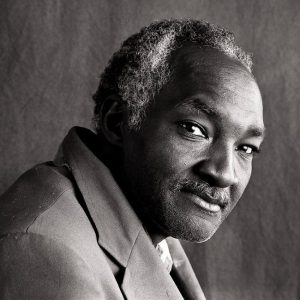 Raymond
Raymond
Gender: Male
 Raymond
Raymond
Read, Opie
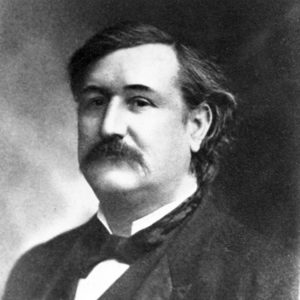 Opie Pope Read
Opie Pope Read
Rebsamen, Raymond Henry
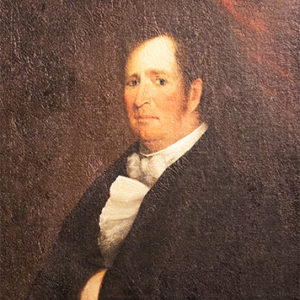 Elias Rector
Elias Rector
Rector, Elias
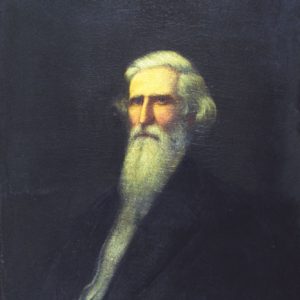 Henry Rector
Henry Rector
Rector, Henry Massie
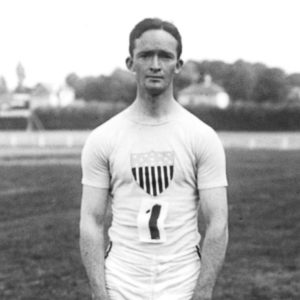 James Rector
James Rector
Rector, James Alcorn “Indian”
Rector, Rickey Ray (Execution of)
Rector, William Field (Billy), Sr.
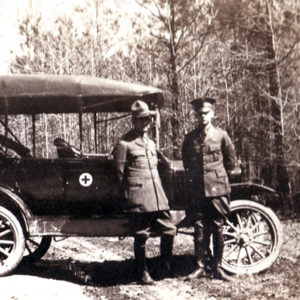 Red Cross Ambulance
Red Cross Ambulance
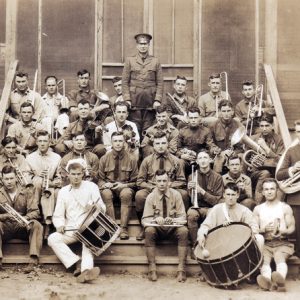 Red Cross Band
Red Cross Band
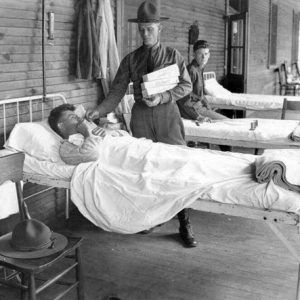 Red Cross Gifts
Red Cross Gifts
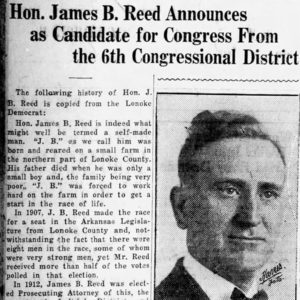 Reed Campaign Announcement
Reed Campaign Announcement
Reed, Adolph Sr.
Reed, Eddie
 Eddie Reed
Eddie Reed
 Eddie Reed and Bruce Chabner
Eddie Reed and Bruce Chabner
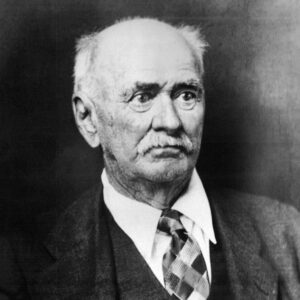 George William Reed
George William Reed
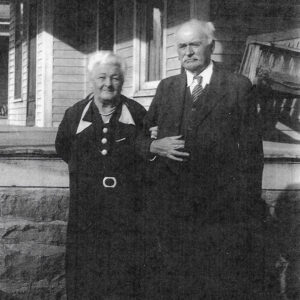 George William Reed and Wife
George William Reed and Wife
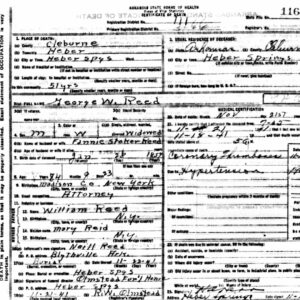 George William Reed Death Certificate
George William Reed Death Certificate
Reed, James Byron
Reed, Pearlie Sylvester
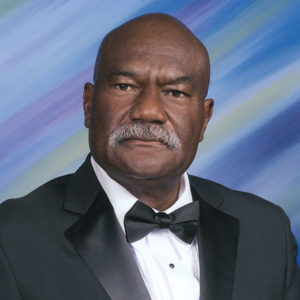 Pearlie Reed
Pearlie Reed
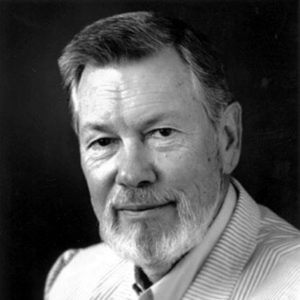 Roy Reed
Roy Reed
Reed, Roy
Reeves, Bass
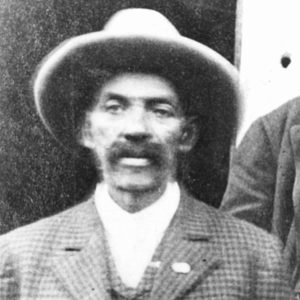 Bass Reeves
Bass Reeves
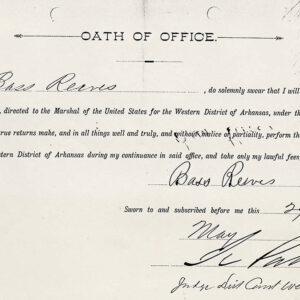 Bass Reeves Oath
Bass Reeves Oath
Reeves, Willis (Execution of)
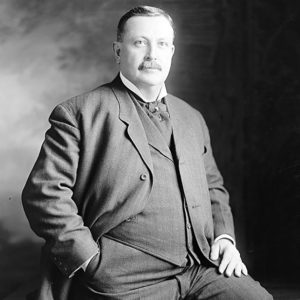 Charles C. Reid
Charles C. Reid
Reid, Charles Chester
Reid, Thomas Jefferson
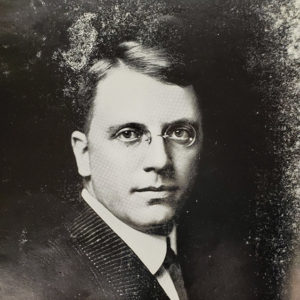 Augustus Remmel
Augustus Remmel
Remmel, Augustus Caleb (Gus)
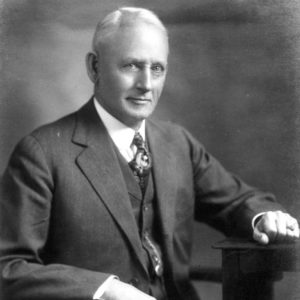 Harmon Remmel
Harmon Remmel
Remmel, Harmon Liveright
Remmel, Pratt
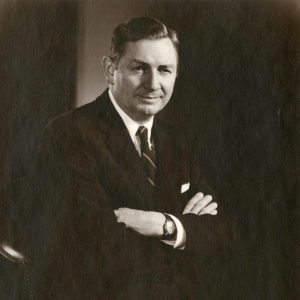 Pratt Remmel
Pratt Remmel
Renaud, Brent Anthony
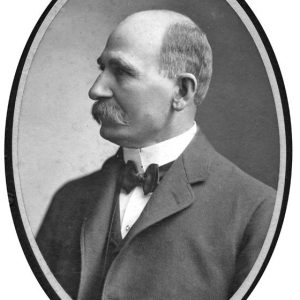 William C. Renfrow
William C. Renfrow
Renfrow, William Cary
Reng, Carl Raymond
 Carl Reng
Carl Reng
 Carl Reng
Carl Reng
 Edward Rensch
Edward Rensch




